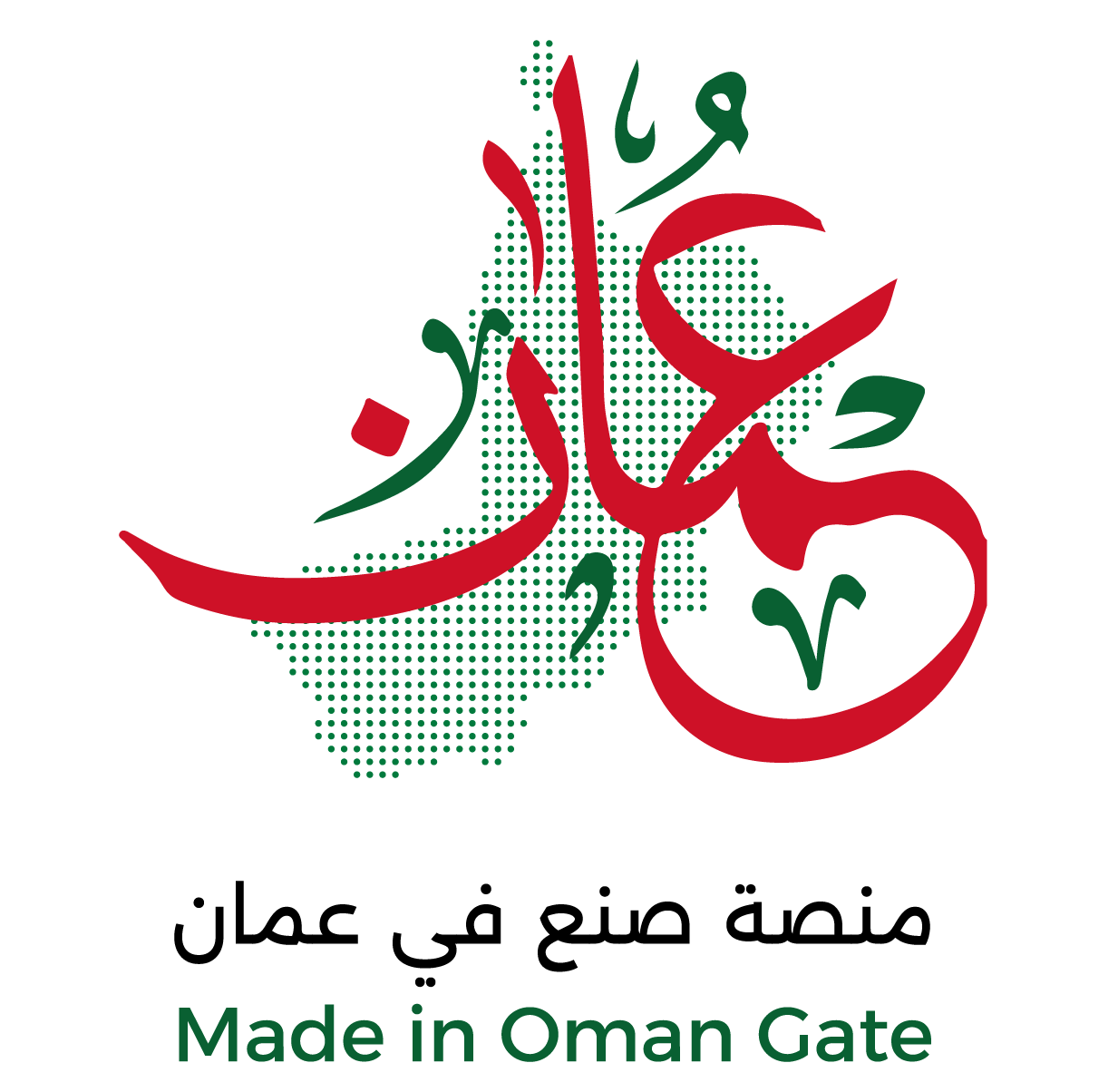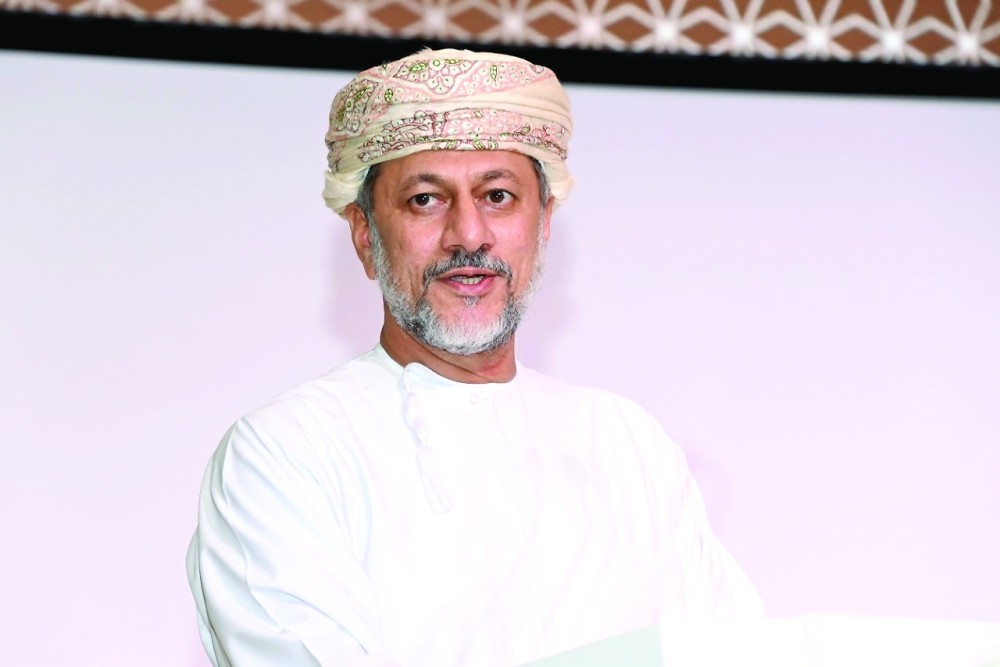Oman Investment Authority (OIA) says it is poised to play a significant role across key facets of the hydrogen value chain with the goal of unlocking its full potential for investment and economic development in Oman.
According to OIA President Abdulsalam al Murshidi, various subsidiaries and affiliates of the integrated sovereign wealth fund are gearing up to play their respective parts not only in the hydrogen production elements of the industry, but also in opportunities linked to the onshoring of manufacturing capacity and technological expertise linked to this pivotal sector.
“OIA and its companies are also working on projects across the H2 industry value chain, such as electrolyzers, storage, and shipping. The aim is to localize the technologies and industries needed to produce, store, utilize, and export hydrogen,” the official stated in remarks featured in The Business Year’s Oman 2024 report.
Those opportunities are linked to investments totaling an estimated $48 billion that are expected to flow into Oman over the next ten years in support of eight large-scale green hydrogen projects that will materialize in areas around Al Wusta and Dhofar Governorates. These projects are anticipated to offer an aggregate green hydrogen production capacity of 1.4 million tonnes per annum starting from 2030.
Al Murshidi also underlined Oman’s commitment to decarbonisation across all sectors of the economy by 2050 in line with Paris Climate Accords. Sectors targeted for carbon neutrality include electricity, real estate, construction, transport, industry, and oil and gas.
“The decarbonization efforts include short-term initiatives such as efficiency projects; medium-term projects such as renewable projects for utilities and oil and gas, green mobility, and green hydrogen developments; and long-term projects currently being evaluated, such as carbon capture, utilization, and storage (CCUS), CO2 export, and nature-based carbon capture solutions,” he said.
Accordingly, carbon emission levels currently estimated at 105 million tonnes of CO2 per annum will be reduced in line with Net Zero targets by 2050. The immediate priority is to cut emissions by 50%, he said, adding that further initiatives would be necessary to tackle emissions linked to challenging sectors such as hydrocarbons.
Turning to OIA’s divestment strategy, Al Murshidi said the process has delivered significant results in the energy, logistics and infrastructure sectors. This has been achieved via direct sales, as well as through three successful IPOs of indirectly owned assets Abraj Energy, OQ Gas Networks and Pearl REIF.
“By transitioning these assets to the public through IPOs, there has been an infusion of fresh capital and a diversification of investment portfolios. This not only increases liquidity in the market but also democratizes ownership, allowing a wider section of the populace to partake in the nation’s economic growth,” he added.
Oman Observer


